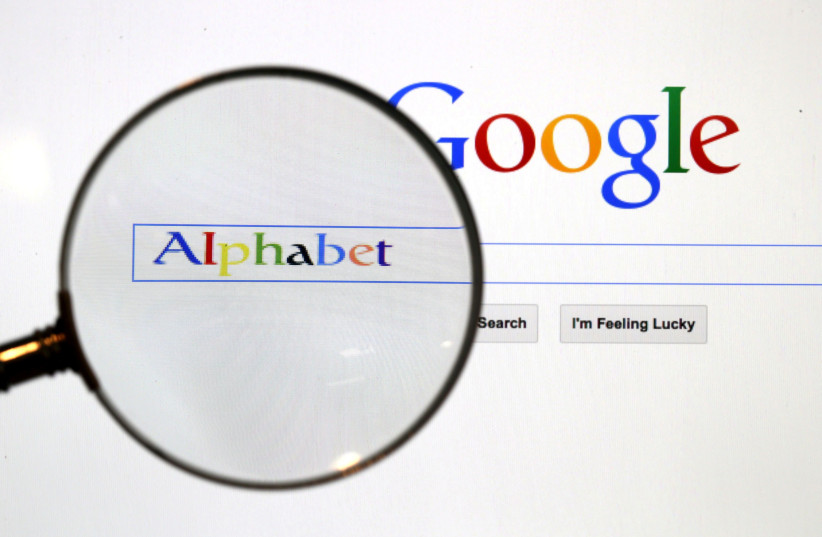A $25 million initiative to increase hi-tech opportunities for women, Israeli Arabs, Haredi Orthodox Jews and residents of the periphery was announced by Google on Sunday. The initiative is expected to span five years, and a separate initiative for Palestinian hi-tech is expected later this week.
Chief Financial Officer of Alphabet and Google Ruth Porat arrived in Israel on Saturday evening for a visit that will include meetings with Israeli and Palestinian entrepreneurs, business leaders and policymakers.
Porat, together with US Ambassador Thomas Nides, met with women and Israeli Arab entrepreneurs, engineers and investors on Sunday about the challenges faced by underrepresented groups in integrating into the Israeli hi-tech sector. These challenges will be addressed in a hi-tech skills program that will be created for adults and teens. The program will work in tandem with the Israeli government’s plan to increase the hi-tech workforce from 10% to 15%.
Google’s initiative will build on and expand its existing programs with the same objective as Adva, which trains Haredi seminary girls in computer sciences for two years, and Tsofen, which integrates final year Arab engineering students into hi-tech.
“At Google, we believe that to have sustainable economic growth, you must have inclusive growth,” said Porat. “By providing members of underrepresented groups with a path into tech, we hope to help create a more diverse workforce and increase opportunities for a broader group of people. We look forward to deepening our commitment to Israel as we work to support the government’s ongoing efforts in this area.”

Nides said that his first meeting as ambassador “was with Arab business leaders in Israel to talk about increasing access to greater economic opportunities, and Google’s announcement today is a strong practical step toward that goal. Diversity is a source of strength for the ‘Start-Up Nation,’ and that’s why I enthusiastically support this initiative that invests in underrepresented communities. It’s a perfect example of US companies helping to lead the way on economic inclusion and growth.”
Foreign Affairs Minister Yair Lapid said he commended Porat “for this important initiative. We in Israel aspire to reach one million Israelis working in hi-tech. This is our comparative advantage. This is our way of ensuring Israel will be an innovative and advanced country with a high standard of living and quality of life. The way to do this is to bring additional, diverse populations into the field, something that will also contribute to the hi-tech industry itself. This is a national mission that cannot succeed without cooperation with major employers in the field. Israel is well-positioned and has the potential to be one of the 10-most successful countries in the world, and this will happen through initiatives of the kind that Google is announcing today. I also want to thank the US ambassador to Israel, Tom Nides, for his commitment to this initiative, and I hope and believe that there will be many more collaborations of this kind.”
